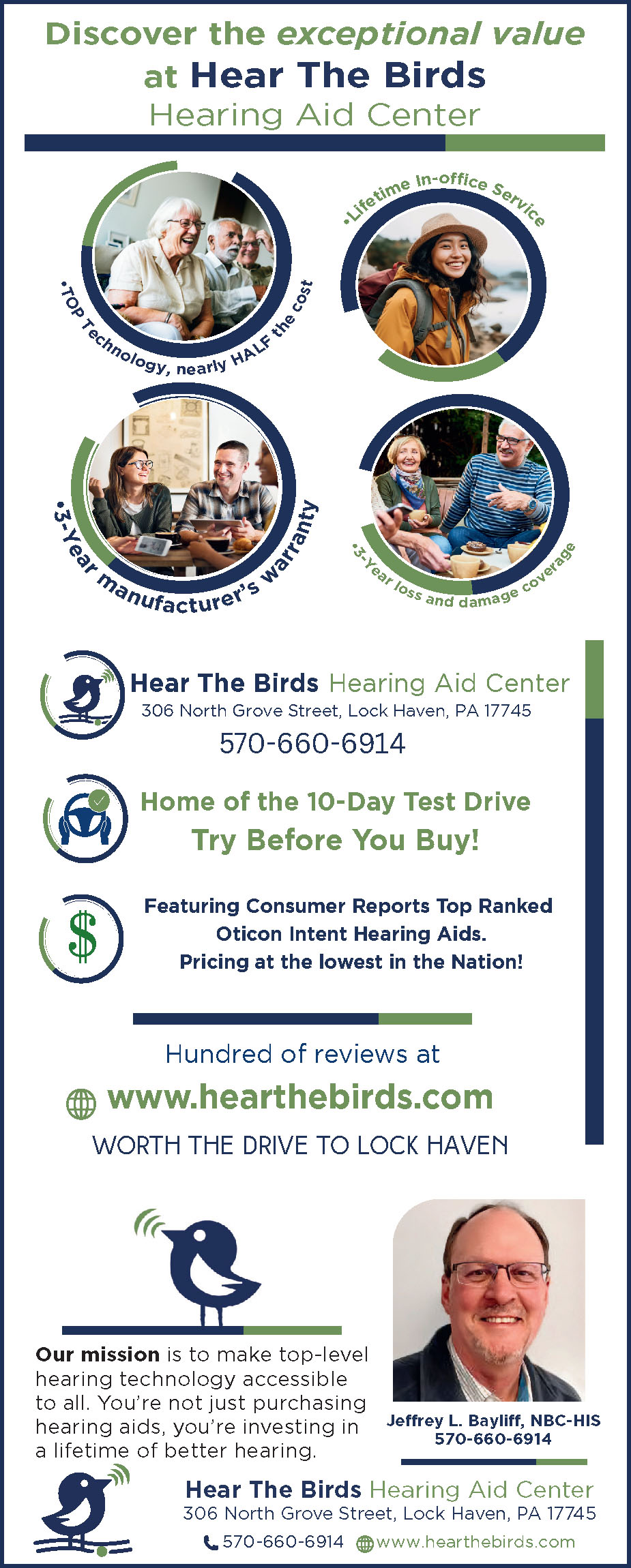UPMC Cardiologist: Early Signs of Heart Disease0
- Health
- March 5, 2025
Heart disease is the leading cause of death for both men and women in the United States, yet many people miss its early warning signs. Some symptoms are subtle — recognizing them early can lead to earlier intervention, making treatment and management easier and more effective. Common Early Symptoms Heart disease doesn’t always begin with











